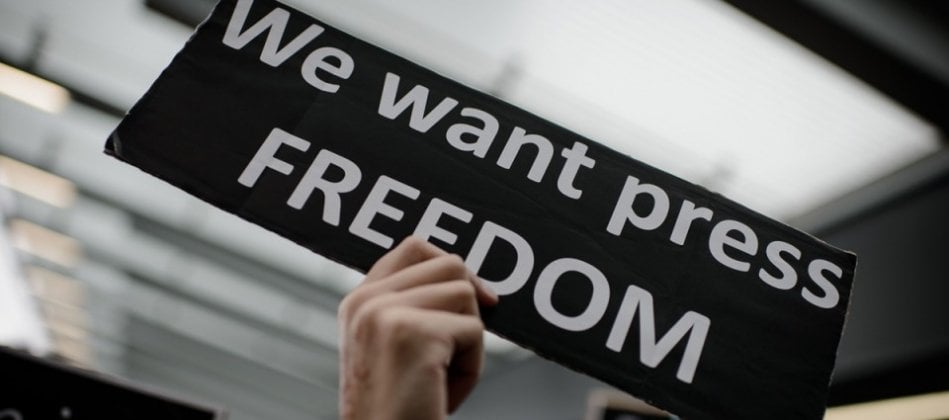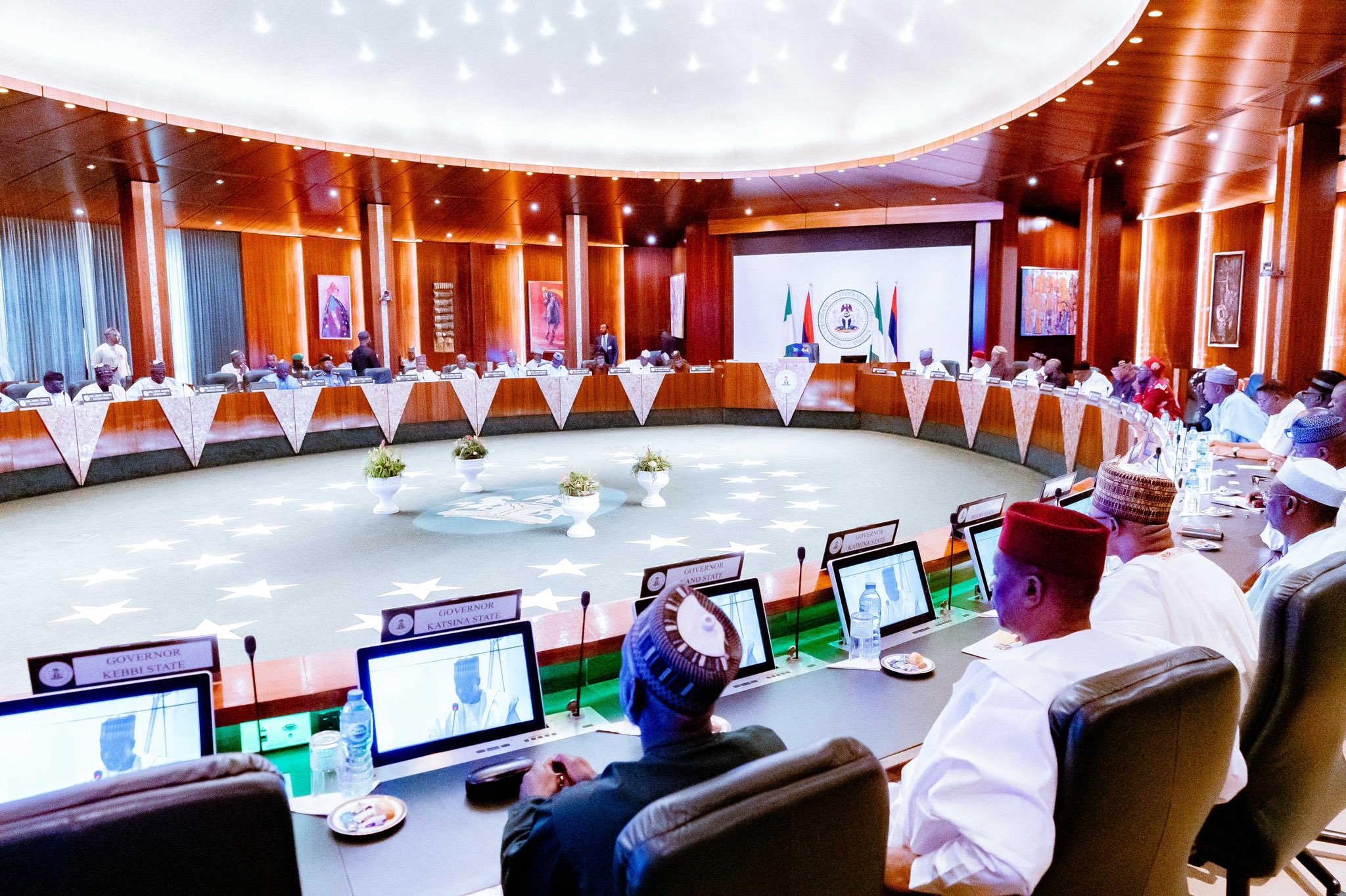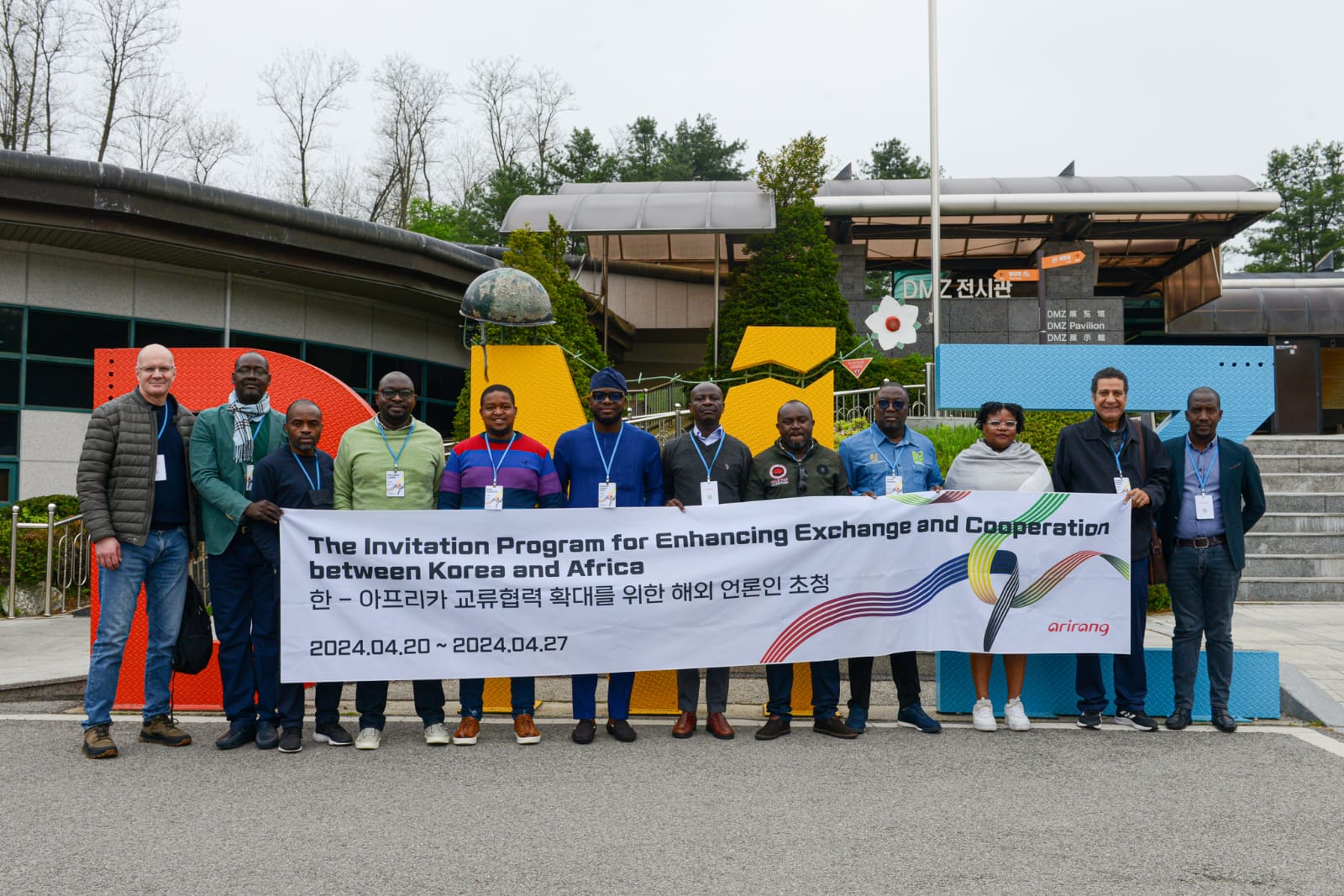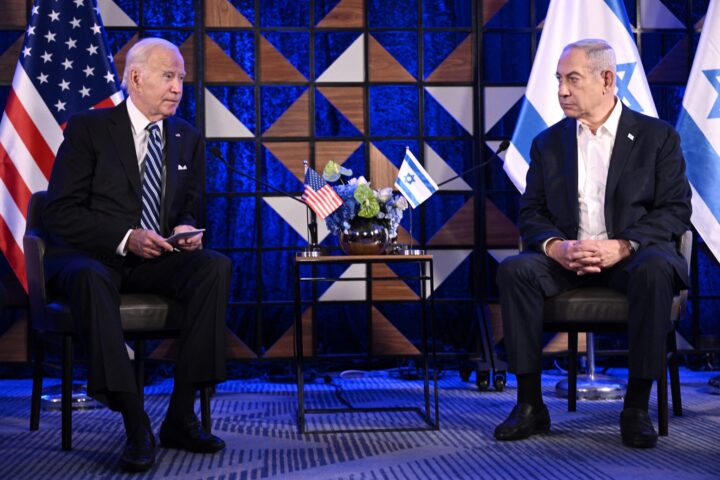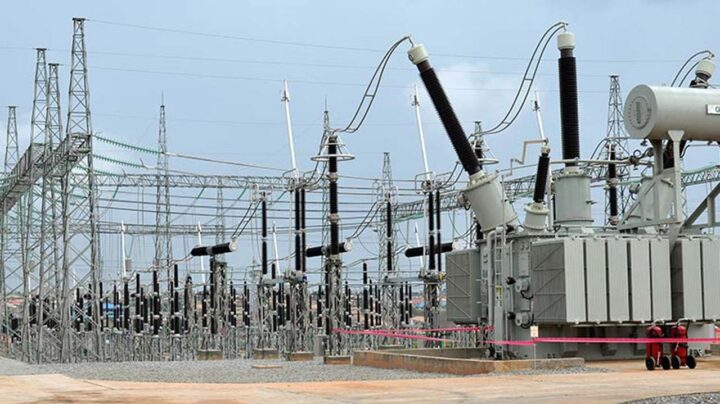Today is World Press Freedom Day and inspired by my mother and father who were journalists I believe that we need to talk about the threats journalists face in the execution of their duties and obligations to the State.
Section 22 of Nigeria’s 1999 Constitution states that the press, radio, television and other agencies of the mass media shall at all times be free to uphold the fundamental objectives contained in this Chapter and uphold the responsibility and accountability of the Government to the people. In addition, Article 9 of the African Charter on Human and People’s Rights states that every individual shall have the right to receive information and the right to express and disseminate his opinions within the law.
As the world commemorates World Press Freedom Day, we must be reminded of the critical role journalists play in securing open societies, democracies, and a safer world for all.
However, Nigeria is performing poorly when it comes to ensuring the safety of journalists in the course of their work.
Advertisement
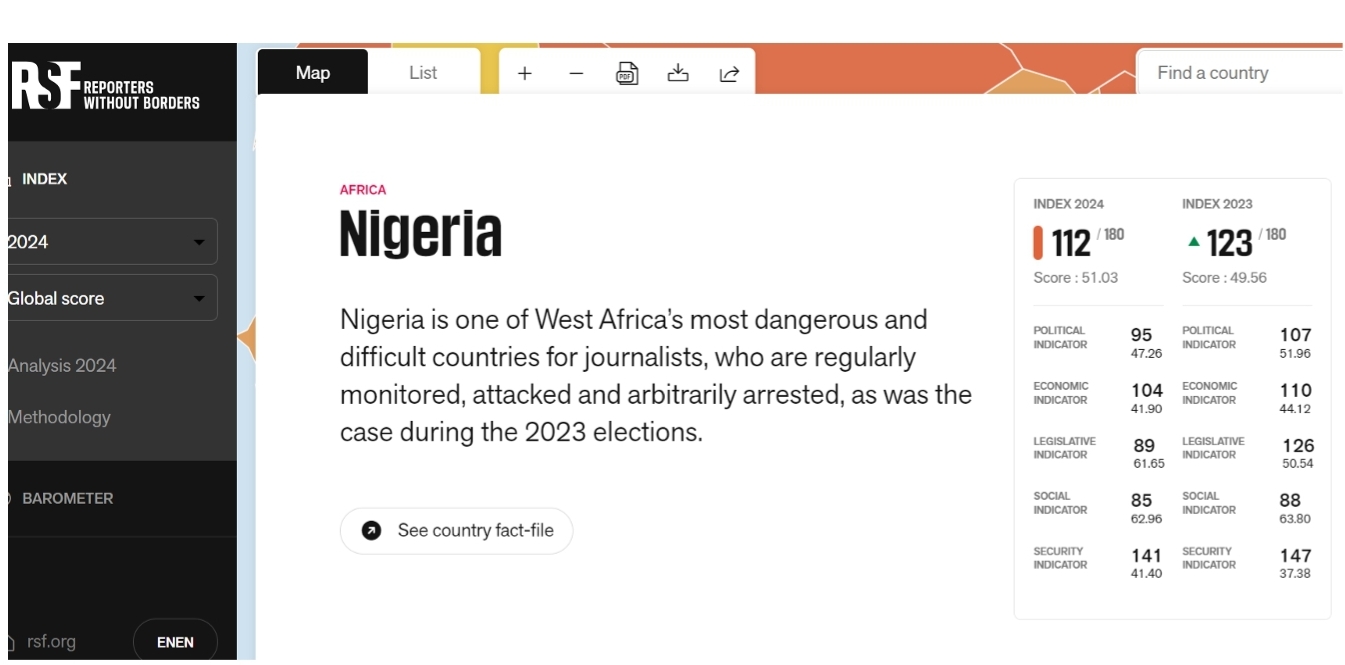
Source: Reporters Without Borders
Investigative journalists, reporters, and other media practitioners go to great lengths to get us stories on events as they occur but their lives are constantly at risk in the course of their work. While the numbers are conflicting, it is obvious from the data out there that journalists are killed worldwide while executing duties that are protected by international, regional, and national human rights mechanisms.
Advertisement
In Cameroon, Martinez Zogo, a popular radio journalist at a privately owned media house based in Yaounde, was abducted on January 17, 2023. Days later on January 22, 2023, his body was found with obvious signs of torture – his foot was broken, several of his fingers had been cut off, and his tongue was deformed. Martinez reported on government malpractice, the embezzlement of public funds, and corruption. Investigations are ongoing, and justice has not yet been served. An international team travelled to Cameroon to pick up the threads of the story Zogo left unfinished. Their motto – You can kill a journalist, but you cannot kill the story.
In the same week that Zogo’s body was found, John Williams Ntwali, a regular government critic was killed when a speeding vehicle rammed a motorcycle that he was riding in Rwanda’s capital, Kigali. According to a US Senate committee, he had been “silenced”. Ahmed Hussein Suale, a Ghanaian investigative journalist was shot dead in front of a police station. There have been no arrests for his murder in 2019. In Senegal, Pape Alé Niang, director of the Dakar Matin news website was arrested, detained and harassed for reporting on corruption. Nigeria is no exception, Mr. Segun Olatunji, an editor with the FirstNews Newspaper, was unlawfully taken from his home in Lagos by a mob of 10 officers of the Nigerian military. After enduring 2 weeks of incarceration, he was released only after a sustained civic campaign by civic space actors and media practitioners. From the line of questioning aimed at him during his detention, it is apparent that his arrest was tied to a critical story his media house had published about the Chief of Defence Staff. In the majority of the cases involving the death, arrest, or forced disappearance of a journalist, impunity reigns.
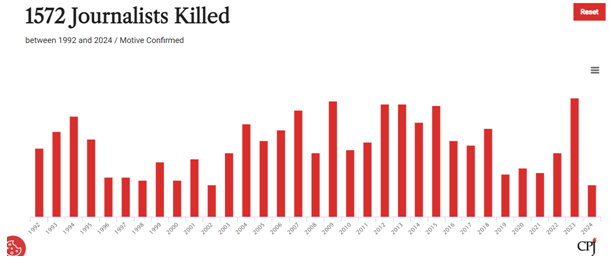
Source: Committee to Protect Journalists
Advertisement
Something has to change with the impunity that thrives when journalists are killed. There is a need for sustained partnerships and funding to ensure journalists feel safe and secure to tell their stories and continue to do their work. Often when these stories exposing corruption are published, the exposed parties fight back and fight dirty. They are not afraid to cause grievous bodily harm to journalists and their families. Sadly, their actions are never penalised. The journalists who survive are coerced to retract their stories and in some cases, their families are threatened in the process. A society that provides safety nets for journalists and their families to operate responsibly is one that has a credible democracy with strong institutions.
Journalists risk being captured and detained for writing about political regimes, religious ideologies, and powerful entities in society. They are also persecuted for insulting people in power. Publishing a critical piece or a dissenting opinion should not be a death sentence, nor should it be a prison sentence.
Murder, forced disappearances, kidnappings, arbitrary arrests and detentions are not the only threats journalists face.
Strategic Lawsuits against Public Participation (SLAPP) are a growing threat to media freedom and democracy in Africa.
Advertisement
What is SLAPP? These are frivolous or abusive lawsuits filed by powerful actors against journalists and independent media who expose wrongdoing or challenge their interests. A SLAPP aims not to win the case but to intimidate and silence critical voices by subjecting them to costly and lengthy litigation processes. SLAPPs often use criminal defamation laws, which are widely abused in the African justice and human rights landscape. More commonly used in Europe and Latin America, SLAPPs are a growing concern in Africa, and their detrimental effects can also be seen in cases such as Agba Jalingo, Oliver Fejiro, Luka Binniyat in Nigeria, and similar proceedings in South Africa. These powerful entities use defamation laws, the Cybercrimes Act and several gaps in legislation to arrest and intimidate journalists.
Partnerships to establish platforms for conversations around the possibilities of reforming defamation laws to eliminate criminal liability and establishing protections to prevent the weaponisation of criminal defamation suits are long overdue.
Advertisement
As we commemorate World Press Freedom, society must be reminded that citizens play a role in securing journalists’ lives and property. They need to hold exposed parties accountable; investigations should be done when stories of corruption, criminal activities, and malpractices are published.
There is also a need to expand partnerships among media entities. There must be consequences for bad behaviour among powerful actors, what can media professionals and groups do as a collective to ensure the safety and security of journalists?
Advertisement
Funding these partnerships for journalists’ protection is crucial for protecting the freedom to express and disseminate opinions across Africa.
Investigative journalism is an expensive venture. Unfortunately, commercial entities will not allocate funds for investigative reporting. Hence, the importance of grant-making organisations that fill these gaps by providing grants support for investigative journalism. These grants help journalists pursue in-depth investigations that hold those in power accountable.
Advertisement
There is a need for more local and global philanthropies to support investigative journalism by providing mechanisms for journalists’ safety in the execution of their statutory obligations. Funding partnerships enable journalists to produce high-quality, unbiased, and impactful investigative stories.
There is also a need for legal protection and safety initiatives designed to protect the rights to freedom of expression, the right to disseminate opinions within the law, and the right to receive information.
The stories told by journalists expose corruption, and human rights abuses, and contribute to a more informed and accountable society. They also educate and enlighten the public in multiple ways. Most importantly, securing open societies and democracies is critical for development and journalists play a fundamental role in making these things happen.
This article is not meant to provide the silver bullet for resolving the challenges that journalism faces in Africa but rather, it is meant to provide an opportunity for us to reflect on the powers we have as a collective and the best ways we can utilise them.
Tsema Yvonne Ede is a human rights and policy expert.
Views expressed by contributors are strictly personal and not of TheCable.

